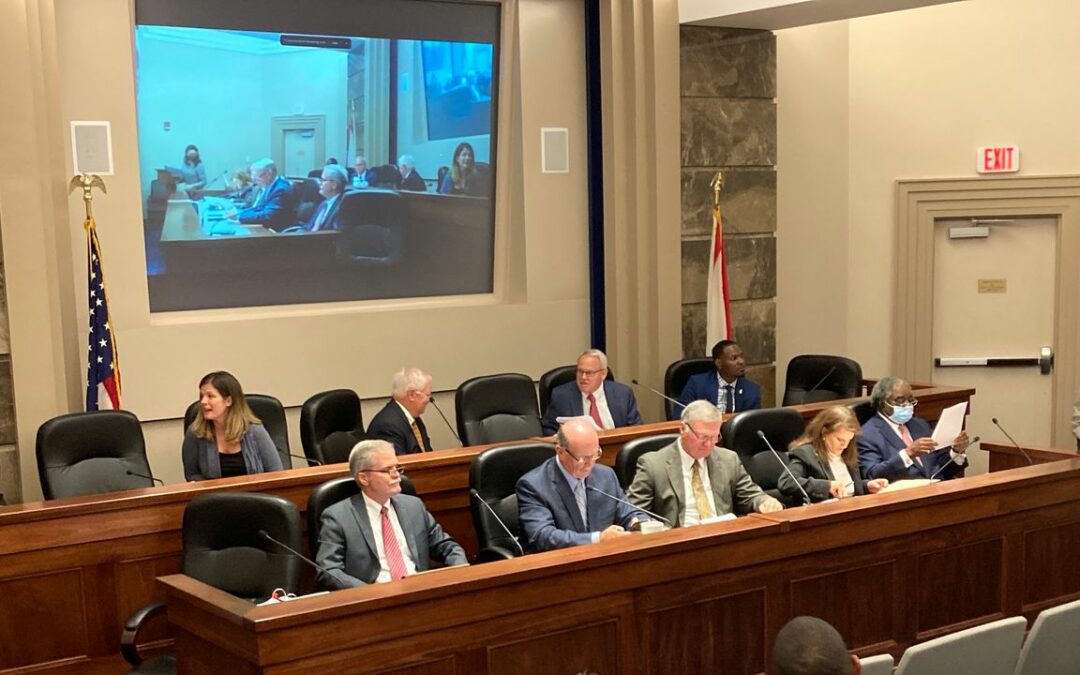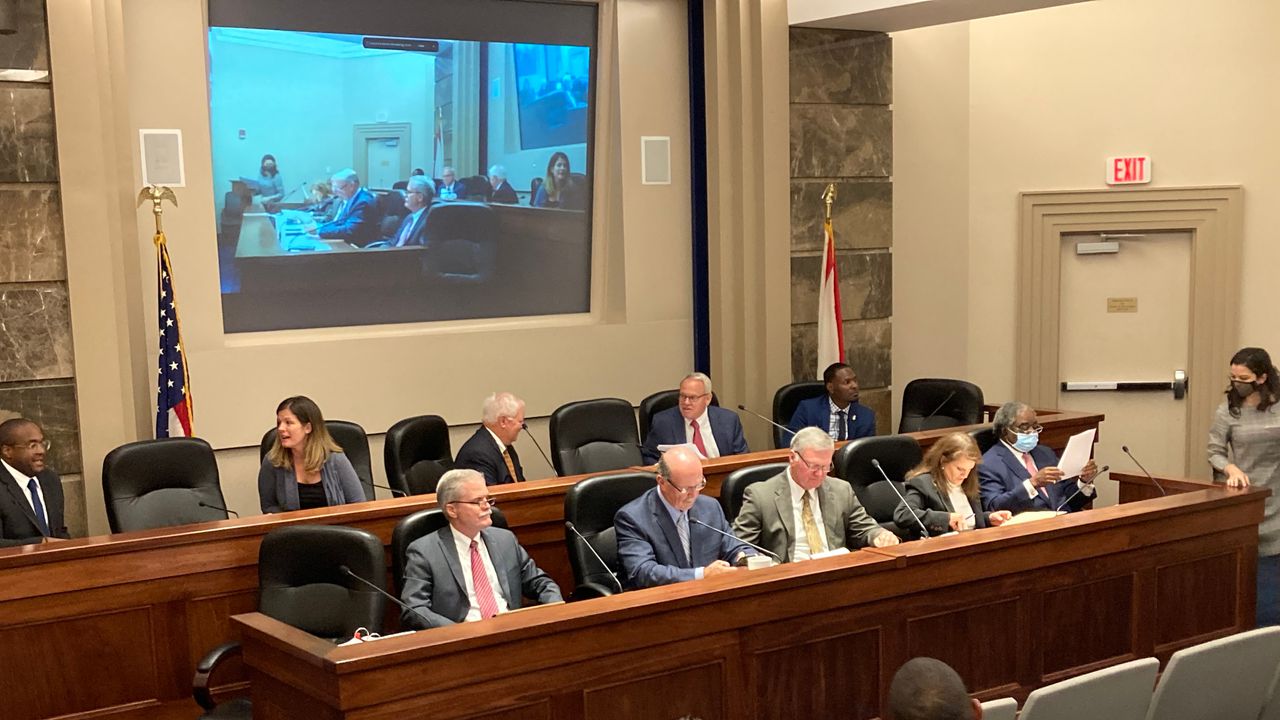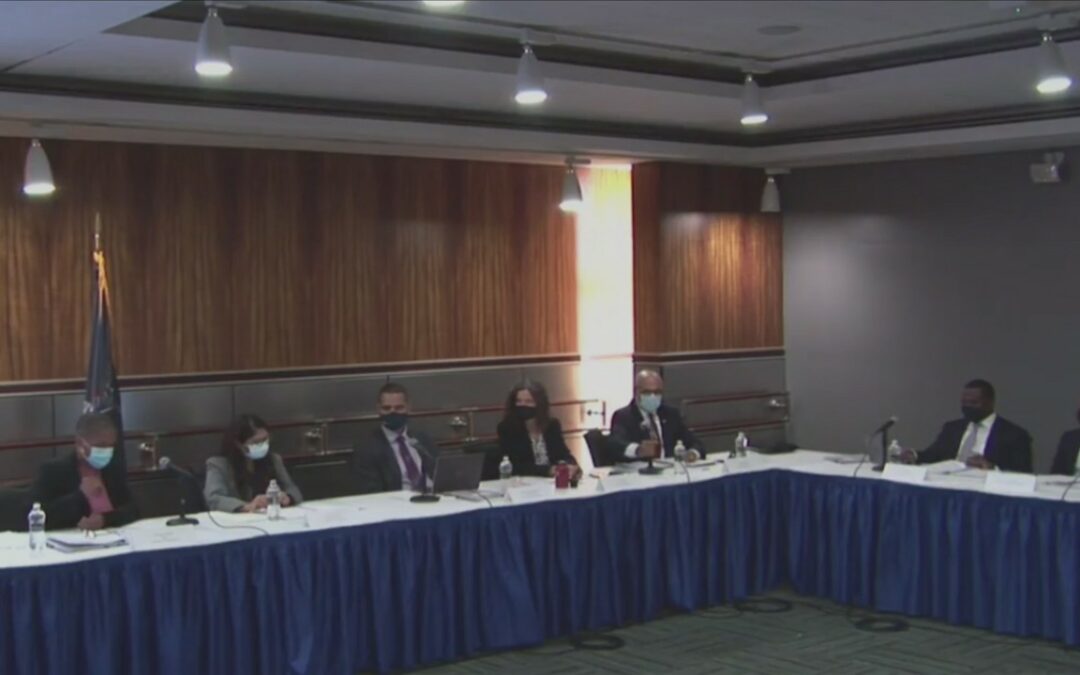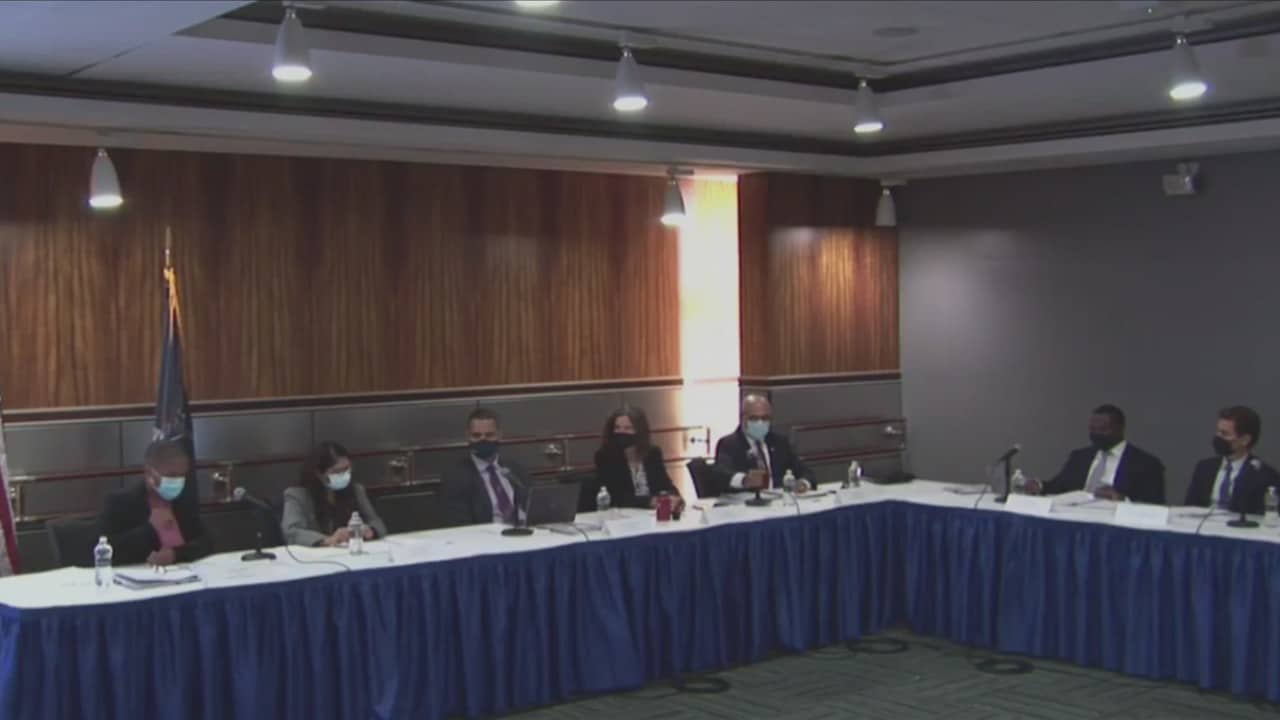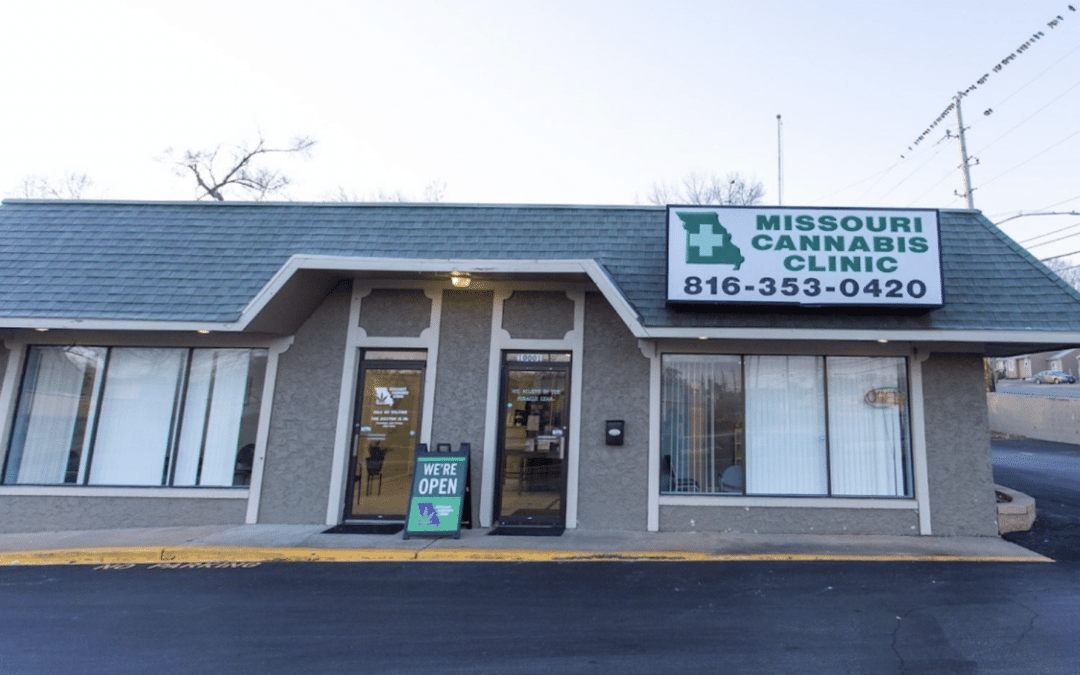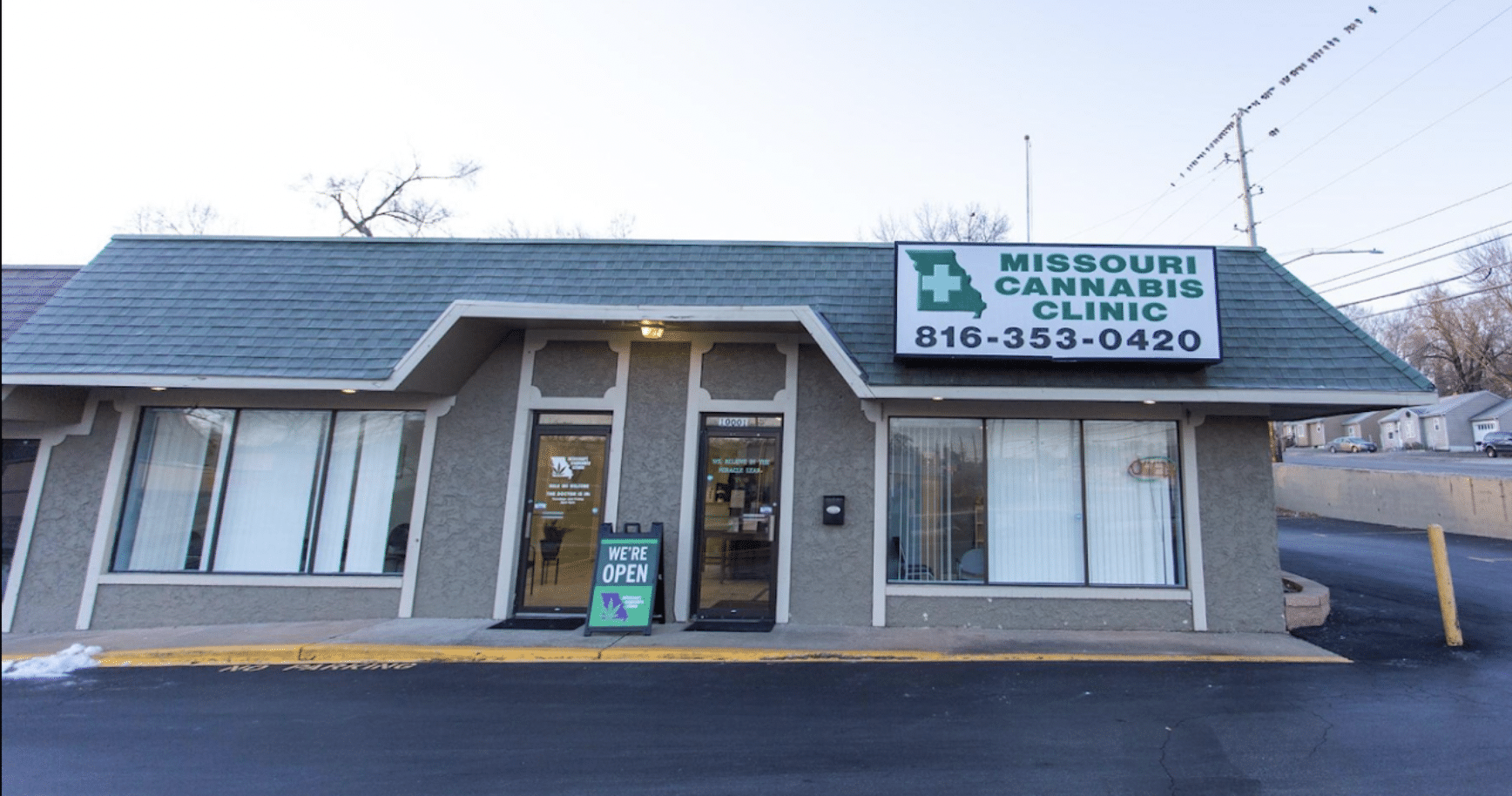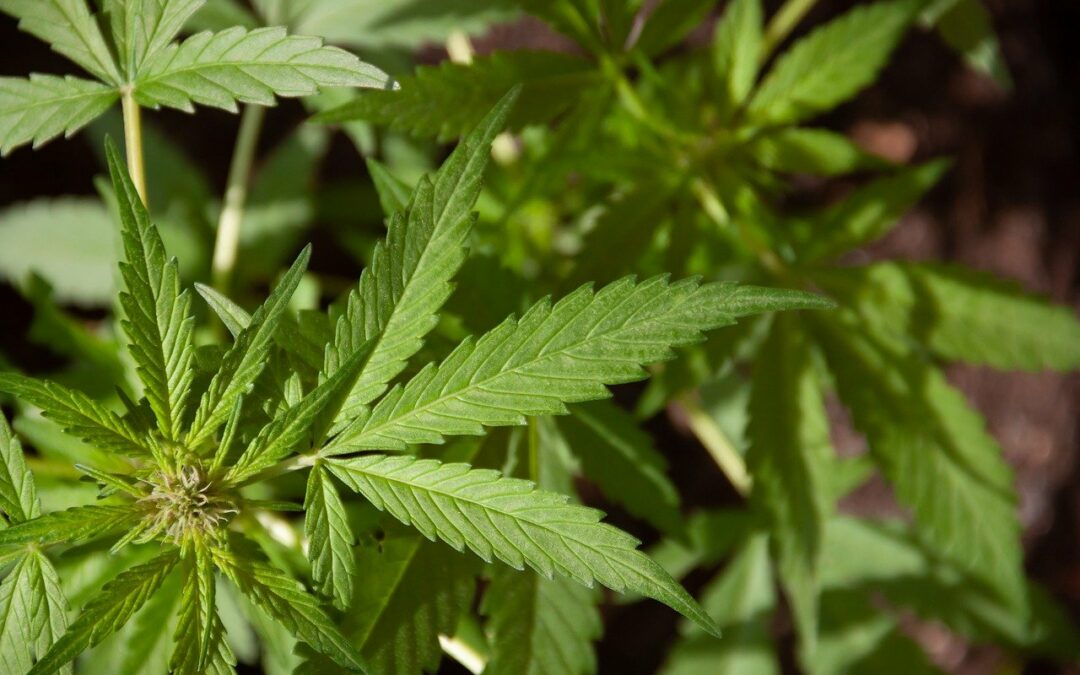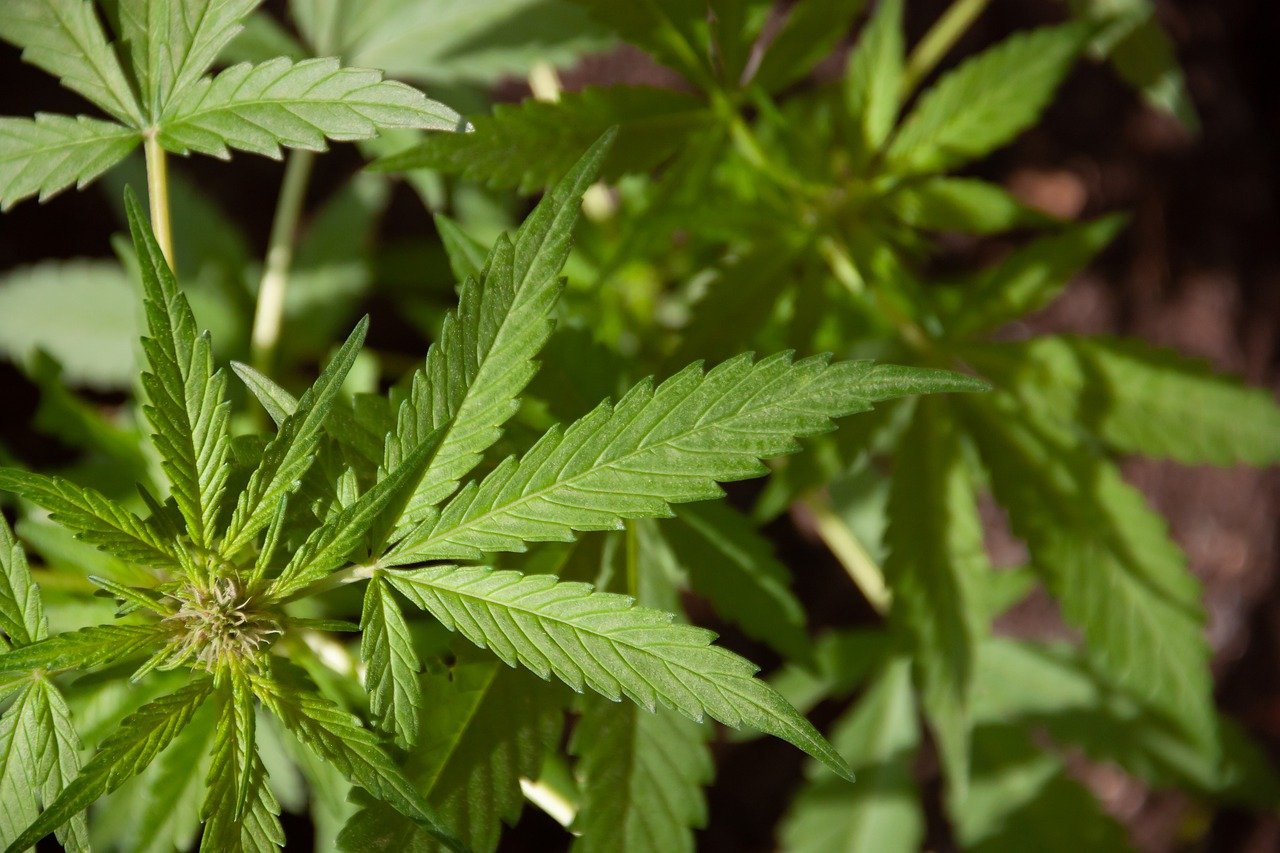
Colombia medical cannabis industry to see new opportunities

Although marijuana cultivation has been legal since late 2016, for the past five years Colombian companies could only export active pharmaceutical ingredients (APIs) and therefore were banned from the most lucrative parts of the business.
In July, Colombian president Ivan Duque loosened regulations to allow the export of dry cannabis flowers, which accounts for more than 50% of the demand in markets like the US.
Thanks to that policy change, Colombian companies are now confident they can compete in the pharmaceutical markets in Europe and North America.
Favorable conditions
The Andean nation enjoys perfect conditions for the cultivation of marijuana: 12 hours of sunlight give way to 12 hours of darkness virtually every day of the year, with minimal seasonal change.
High altitude — Clever Leaves’ farm, in Boyacá, sits at 9,377 feet above sea level — means fewer pesticides are required to stem bacteria and disease than at lower altitudes, making it easier to grow organic products.
“If you think about it, greenhouses in other countries are trying to emulate the natural conditions we get here for free,” Clever Leaves’ president Andres Fajardo told CNN. “Your factor costs in terms of labor are significantly cheaper.”
Investment in Colombian medical marijuana has picked up, with the government reporting more than $250 million in foreign funding in the sector. The majority of those dollars come from international cannabis companies, mostly Canadian, that are partnering with Colombian producers to farm there.
Flora Growth, a Toronto-based firm listed on NASDAQ, has purchased 100 hectares of land — about 247 acres — in central Colombia. “I hope that over the next three-to-five years we are going to run out of land,” said Luis Merchán, a Colombian businessman who quit his job as a VP at Macy’s to become Flora’s CEO last year.
Flora estimates its production costs to be around $.06 per gram of dry cannabis flower, a fraction of the go-to price that ranges from $.50 cents and $2 in the US.
“Licenses here are also much cheaper than abroad, we are talking of $15,000 to $20,000 per license,” said Juliana Salazar, a private consultant involved in the Bogota cannabis industry. “And an initial investment of roughly $100,000 to start producing here, which is a lot of money in Colombia, but a smaller investment than if you look at Germany, Spain or the United States.”

